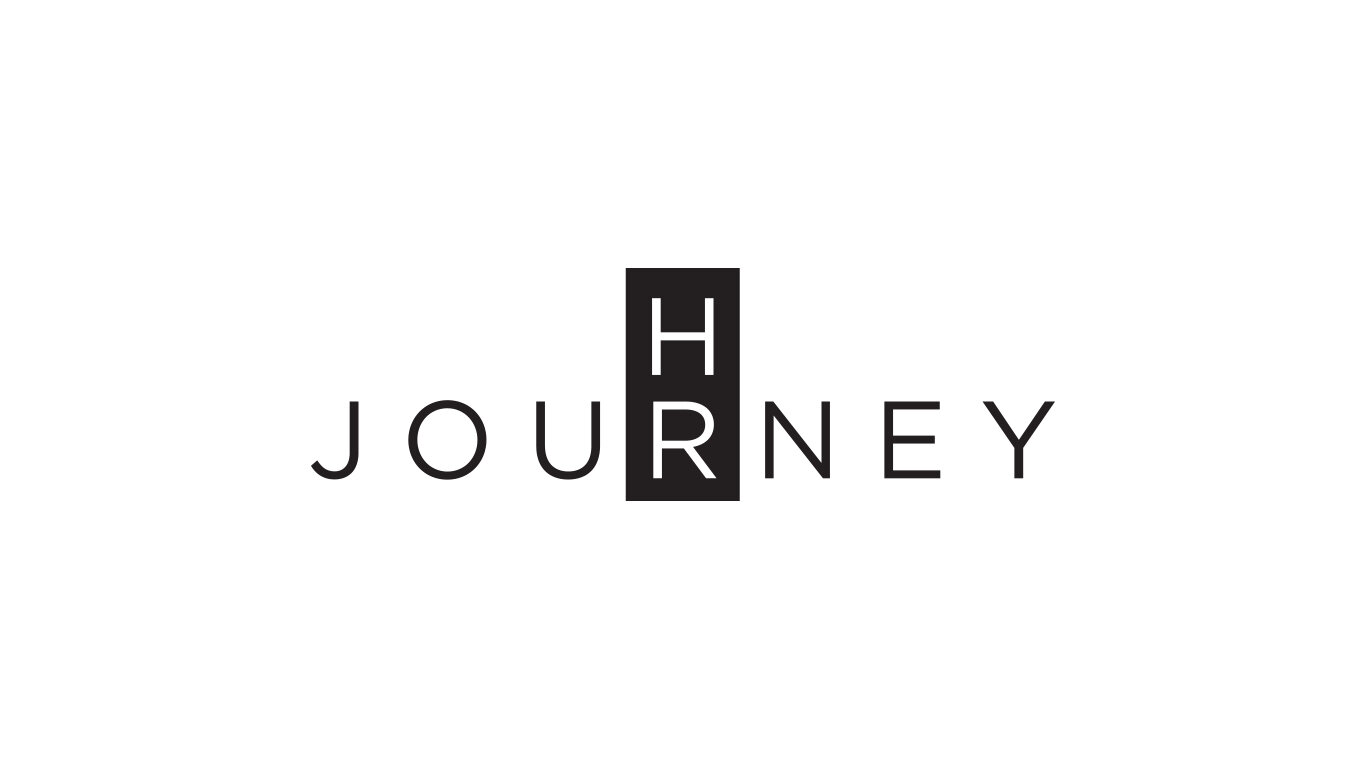Why has retaining great talent become such a key focus for adland? Journey HR Founding Partner and CPD Gold Judge, Sue Shaw argues that 'your people are your biggest asset'.
Retaining talent has become a key focus for the advertising industry and rightly so. As we seek to navigate our way through the uncertainties of Brexit and a potential recession, it is critical that we nurture and protect our biggest and most valuable asset – our people.
This year’s submissions to the IPA CPD Gold Accreditation saw a sharp rise in the number of firms citing lower staff turnover as their goal for the year ahead. With the average industry turnover currently sitting close to 30% - double that of the national average – it’s not hard to see why.
Aside from the eye-watering cost of recruiting and training new employees, there are lots of ‘soft’ costs associated with losing staff, including lower productivity, reduced staff morale, cultural impact and the loss of invaluable corporate knowledge.
A degree of turnover is unavoidable, and even healthy to an extent, as it offers agencies the chance to bring in fresh blood. However, if staff continually come and go through a revolving door, it can be destabilising and detrimental to the overall organisation, making it much harder to gain momentum and scale the business.
Get back to basics
Staff retention need not cost a fortune, nor does it require grand gestures. Margarita Mondays or Beer Fridays might liven up the office atmosphere, but they are unlikely to stop staff looking elsewhere for new opportunities.
Instead, businesses should focus on the basics: ensuring their staff feel valued, listened to and crucially, are given the opportunity to learn and progress. Employers who don’t focus on development will lose out, with recent research revealing that over half of former advertising employees cited a lack of opportunities as a major reason for their change in career paths.
Professional development should not be considered a perk or an after-thought; it should be a core focus for any business. Career mapping and succession planning signals to employees that the company values its people and is invested in their long-term growth. And this starts at recruitment.
All businesses have a purpose and vision, and communicating these during the interview process will help set expectations on both sides and highlight to employees the importance of their role within the business. This should be followed by a great induction, especially since the first few weeks in a new job have been shown to be critical to how engaged an employee feels, as well as a determining factor in whether they stay with the company.
A well-thought out induction programme allows employees to embed themselves in the workplace culture and better understand the values and behaviours that mould the company. According to research by Glassdoor, the culture and values of an organisation are the largest predictor of employee satisfaction, followed by leadership and career opportunities.
Communication is key
It may sound simple, but the key to creating an open, supportive culture is communication. Honest, two-way conversations and an open-door policy allow employees to ask questions, share ideas or raise concerns without fear of judgment. When employees believe their ideas and suggestions count, they are much more likely to feel engaged and loyal to the company. Equally, managers should provide regular, constructive feedback, both through an effective appraisal process and informal catch-ups.
HR will also be vital to building an employee-centric business. Agencies should view their HR function strategically, utilising their skills and knowledge to craft employee wellbeing policies and practices and regularly measure engagement levels.
In his role as the IPA’s new president, Nigel Vaz made an important pledge to ‘Reimagine’ the industry, with the onus on building a reputation for trust, transparency and progressive business and employment practices. Companies who invest in staff wellbeing and happiness will naturally create more motivated, satisfied and dedicated employees, which will positively impact productivity and retention - all of which can go a long way to enhancing the overall reputation of the industry.
Sue Shaw is a Founding Partner at JourneyHR and regular IPA CPD Gold Judge. For more information visit the IPA's Guide to CPD Gold Accreditation.
“Businesses should focus on the basics: ensuring their staff feel valued, listened to and crucially, are given the opportunity to learn and progress.”

